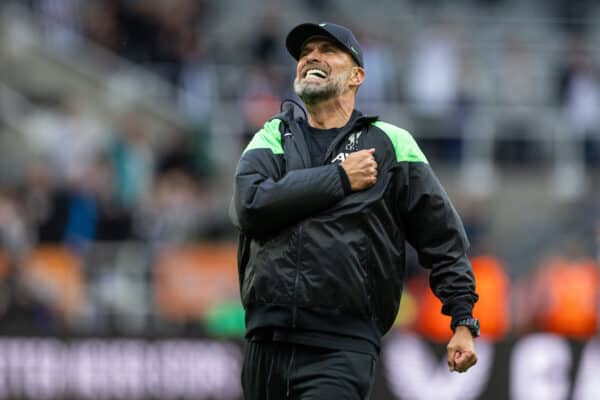At Liverpool, Michael Owen’s legacy is decidedly ambiguous. A generation has come close to forgetting how outstanding he truly was as a result.
On rare occasions, his name will appear in a startling statistic or interesting bit of information, providing a reality check on the heights he attained. For instance, Owen must be mentioned as the final Englishman to win the Ballon d’Or when debating whether Jude Bellingham would ever win the prize. Additionally, he is the only Liverpool player to ever win it.
He did, however, play for Manchester United. A Liverpool academy graduate should simply never undertake something like that, thus the consequences were predictable.
But even while that’s probably the main reason he’s not considered one of Liverpool’s greatest greats, there’s another thing that’s hindered his standing in the game at large. Although Owen was a force for the majority of his time at Anfield, injuries would plague him for the majority of his professional life.
Some athletes have superhuman durability at their disposal. Mohamed Salah and James Milner come to mind. What should have been Owen’s pinnacle was instead a string of fitness issues due to a mix of bad luck and Liverpool’s high expectations from a young age.
Compared to other coaches, Jürgen Klopp is more aware of the growing demands that the football schedule is placing on players. Liverpool’s talent has been managed differently to him.
It appeared for a while during the previous season that Harvey Elliott would eventually become just as constant a presence as a young Owen. He was the final member of Klopp’s team to participate in every game in 2022–2023.
Elliott kept on winning well into March. Even as a youth at Liverpool, according to This Is Anfield, Robbie Fowler was the last (and only other) player to reach the 40-game plateau.
Even though it seems like a step back after last season, Elliott should view his gradual entrance as a luxury because he is surrounded by excellent team members. Any player would find it challenging to adopt that mentality, but in the future, he might thank Klopp for shielding him. After all, this player has previously experienced a major injury, albeit one that was brought on by a subpar tackle, so it is important to keep that in mind.
He must eventually establish out his position as a cornerstone of the side, just like Trent Alexander-Arnold did before him. Elliott, though, has nothing to worry about just yet, and while Owen’s spark blazed bright and quickly, Klopp will hope that Elliott’s burgeoning talent will ignite.

